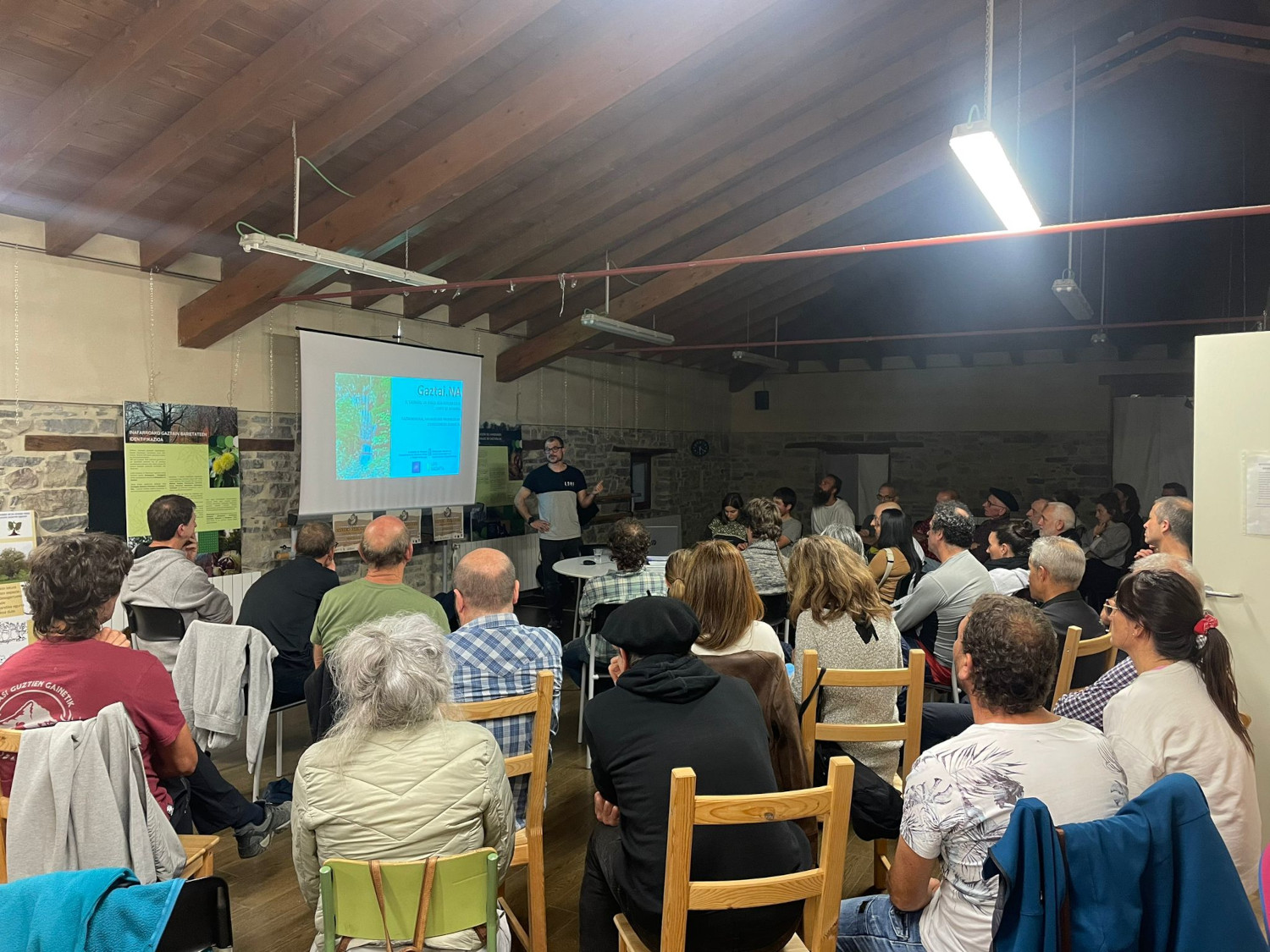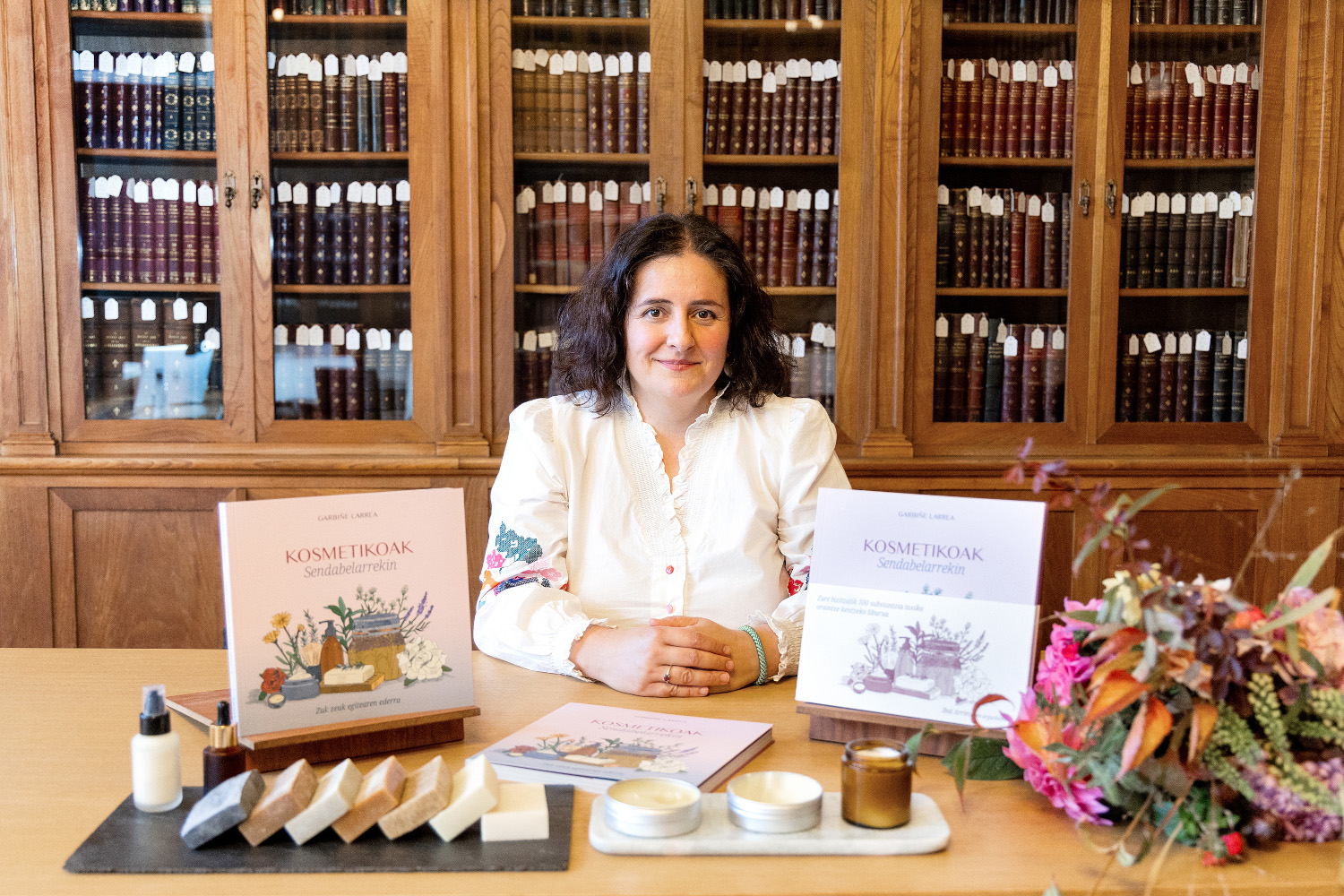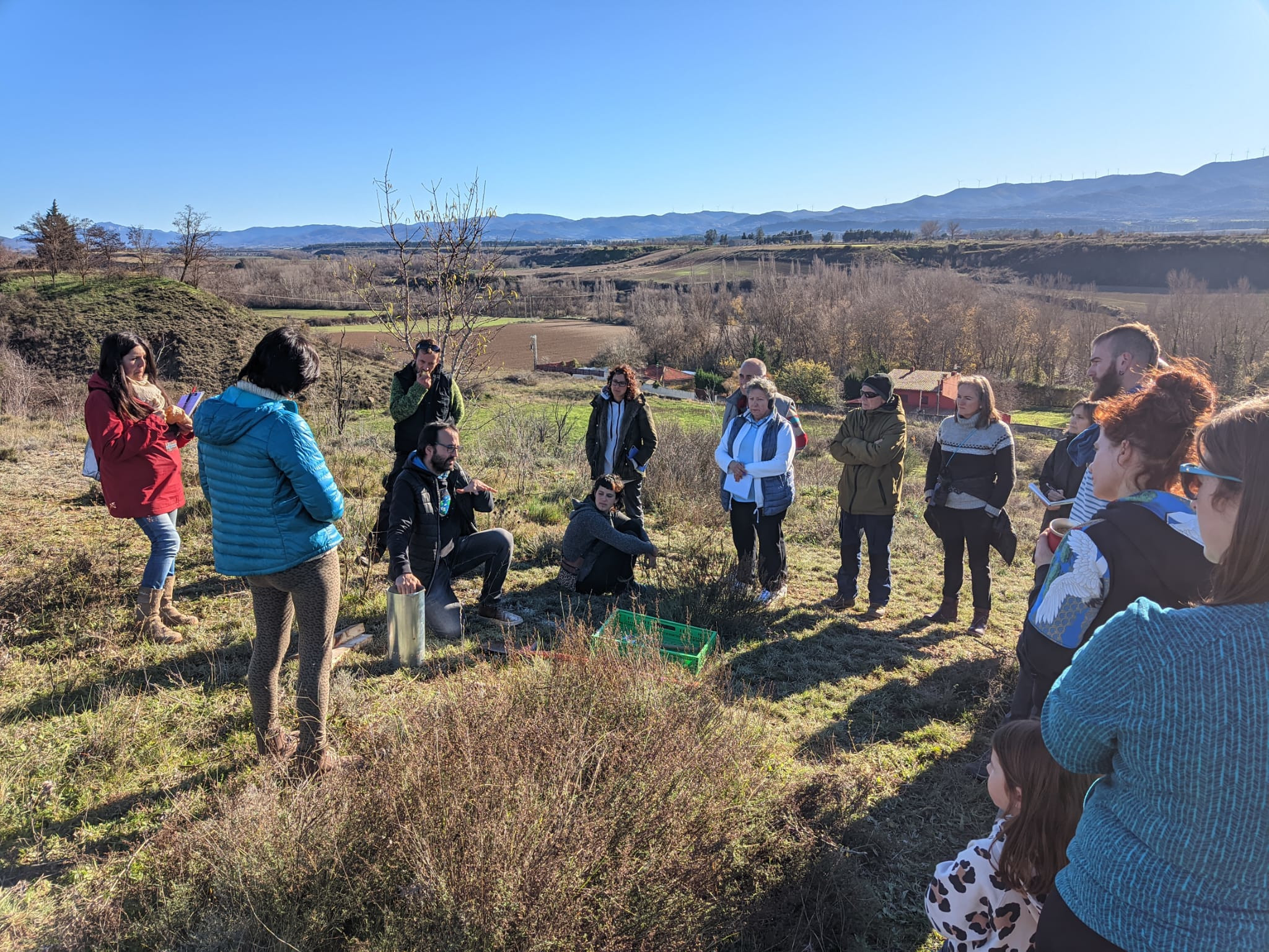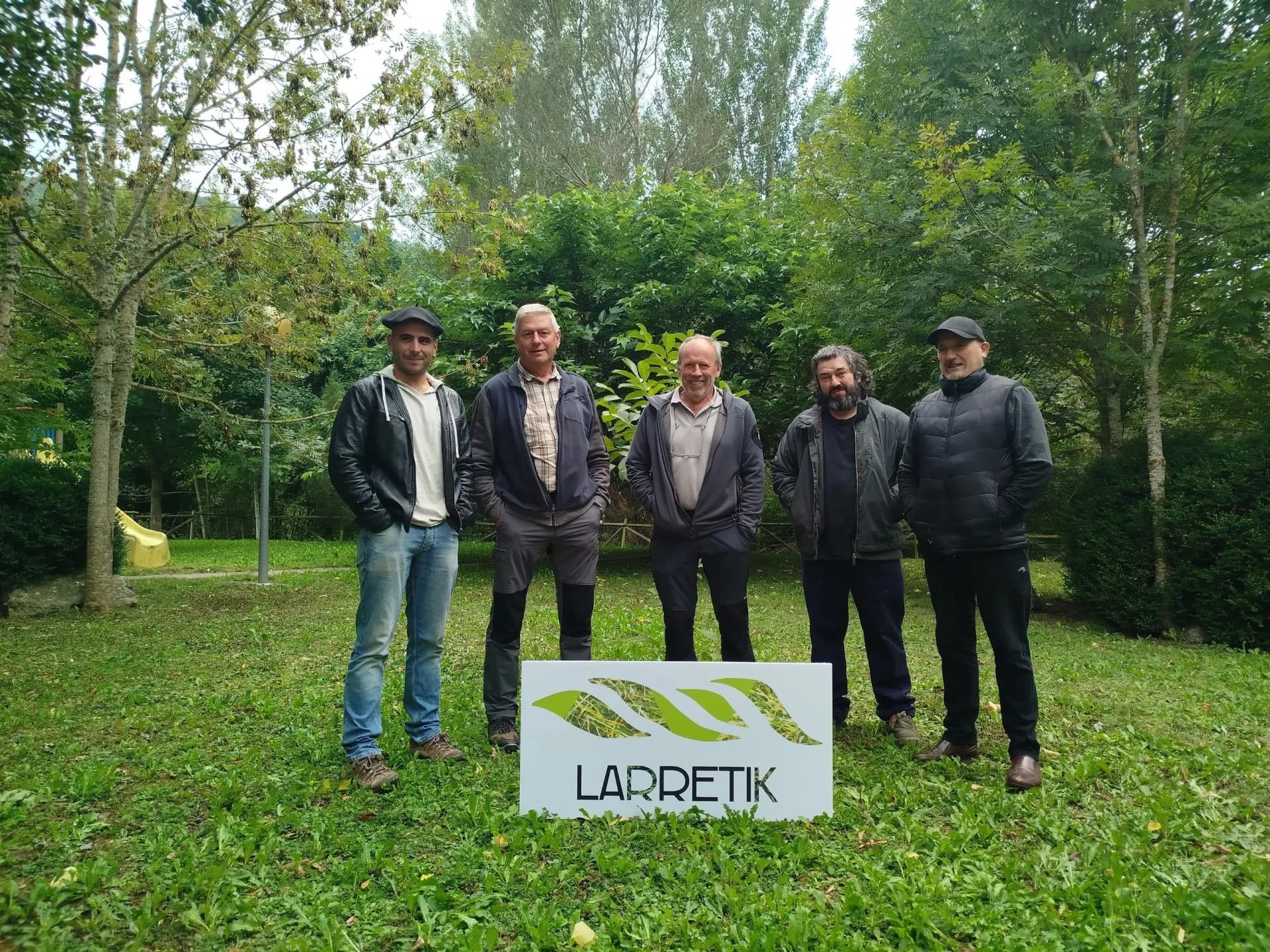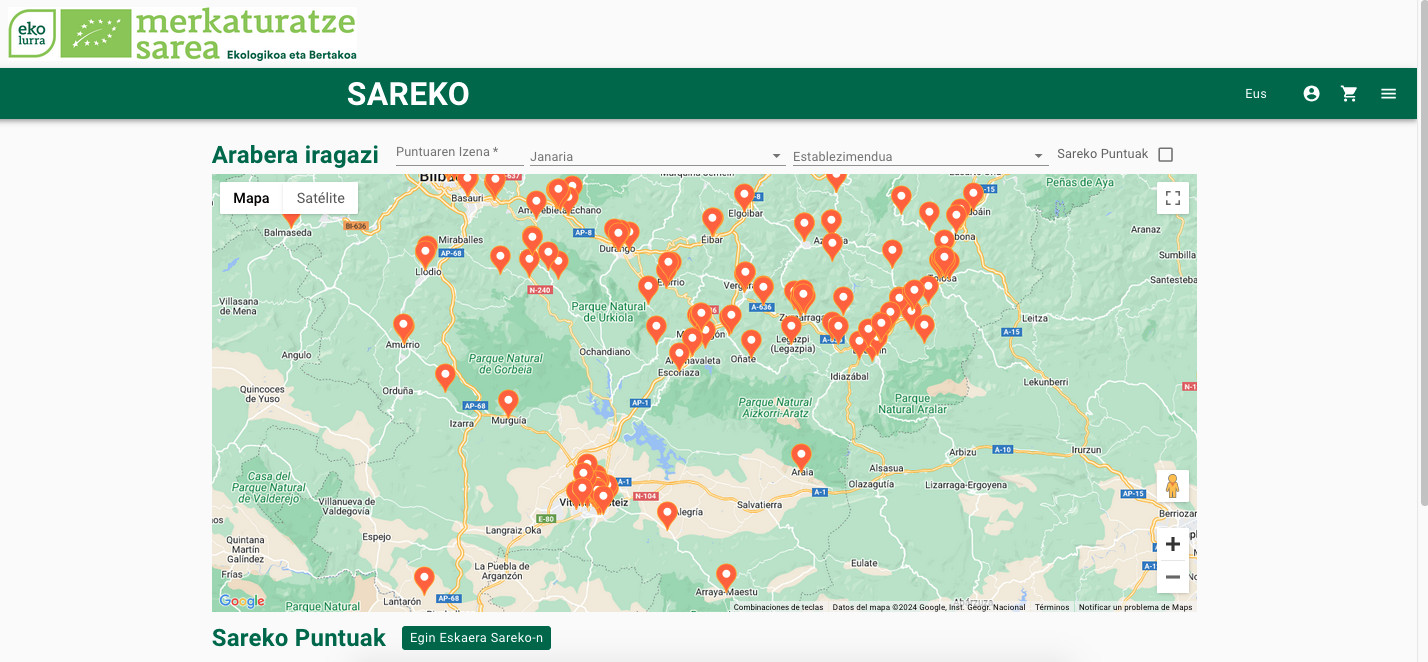Moving towards an agroecological model in Álava

The Bionekazaritza Association was founded in 1993 by a small group of Algerian producers. Its aim was to promote Earth-friendly relations and to promote an even less extensive ecological model at that time. “It was much less movement than now and those members created the group to push and help,” explains Koldo Rey, coordinator of the current partnership.
Advice and support to farmers
In addition to the producers who work in the different productions, consumers are also partners in the association and collaborate with many entities and groups. In recent years, technical advice and dynamization are the most important aspects of its activity. “We have a technician at the association to help people who are already in production or to advise new producers who want to start.” The aim is to facilitate the work of people interested in organic farming. “It often happens that in agriculture the technicians go and say ‘this and you have to do it’. Instead of giving advice, they often say it all, vertically.” At Bionekazaritza they intend to replace this vertical model with horizontal advice and support. An example of this is the Agroecology Course that has been organized between October and December. The course will be run by producers of ecological models who already have their projects in place. “In addition to spreading his wisdom, his work becomes so valuable,” says Rey.
Bionekaraba Fair
The Bionekazaritza Association holds its fair each year: Bionekaraba. This year’s edition will be held on October 6 at the Plaza de los Fueros de Vitoria-Gasteiz. “About 50 jobs are installed, all of them organic producers. Music, rural sports, children’s activities, food and drink… there’s everything.” In addition to the Alaveses, Vitoria-Gasteiz producers who work in the agroecological model throughout the Basque Country.
“In the Alavese peoples there are not many opportunities to live today and there are fewer and fewer farmers.” The Bionekazaritza association, considering that the industrial agricultural model has worsened rather than solved these problems, sees the future in the agroecological model, and works on that path: “In addition to the technical basis of organic farming, we must also work on the social aspect: we promote the local, the non-great and other types of production”.










